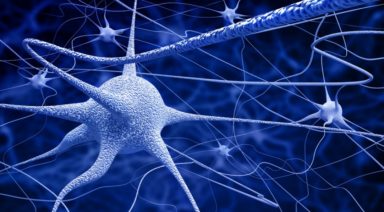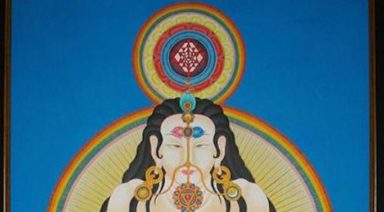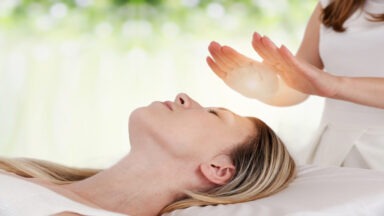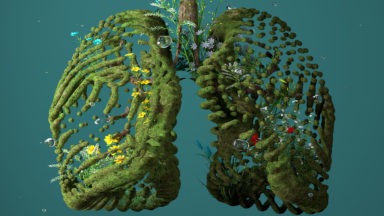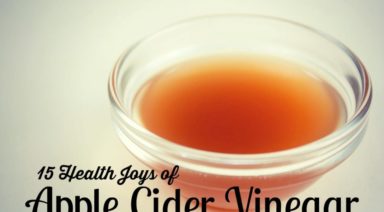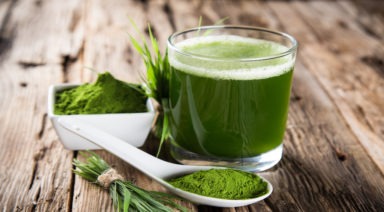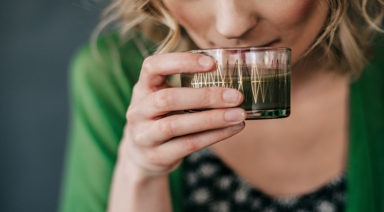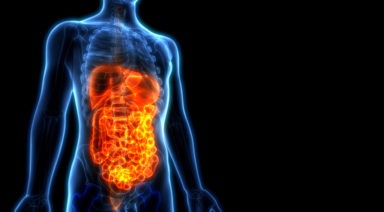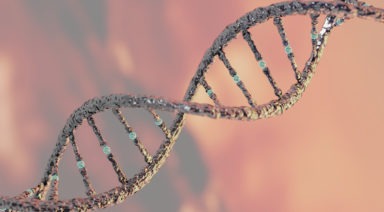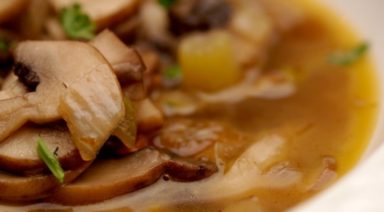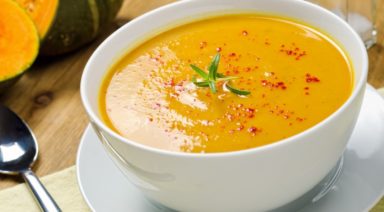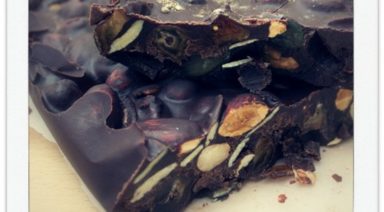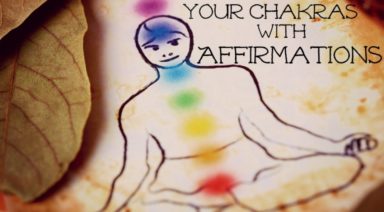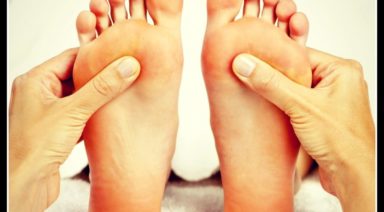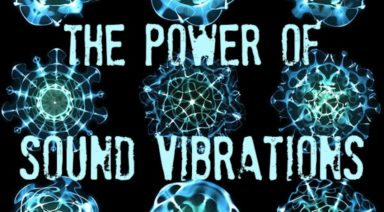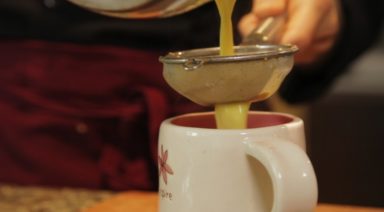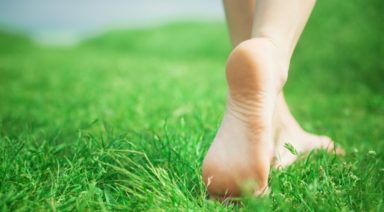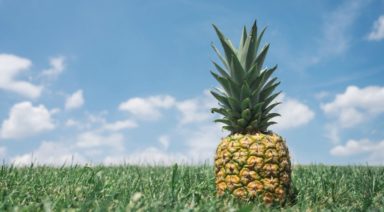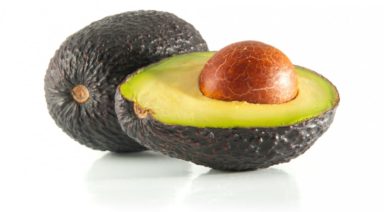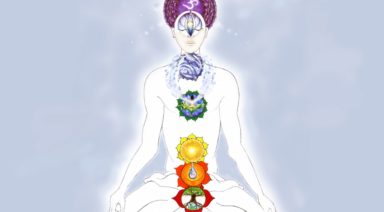The Missing Nutrient for Complete Health: Vitamin L (Love)

The body is a physical structure and usually what we do physically plays an important role in how healthy or unhealthy we are. Food, supplements, proper breathing techniques as well as movement and rest all represent important elements in the never-ending journey of well-being.
Still, the suggestion that all we have to do is leverage these types of somatic strategies to maintain our health is not entirely accurate. While it is obvious and beyond dispute that nutrition, exercise, relaxation and respiration are important components of maintaining our corporal condition — as is stabilizing blood sugar and employing correct digestive strategies — our emotions and thoughts are just as significant! And, the foundation of healthful thoughts and emotions is self-kindness!
The physiological benefits of self-kindness are rooted in the human neurology of the 10th cranial nerve which starts in the brain and travels throughout the body, affecting various structures and organ systems. Known as the Vagus nerve, this neurological pathway can be consciously harnessed via self-talk for numerous physiological benefits including lowering blood pressure, strengthening the heart, supporting digestion, stimulating growth and repair, enhancing creativity, and boosting the immune system. The relationship between seemingly imprecise emotional aspects of wellness, and the functioning of the Vagus nerve is so clear-cut that scientists have learned to measure self-kindness by monitoring vagal activity.
You can always tell if someone is being kind to themselves by how they treat others. Kind and loving internal dialogue will manifest externally as loving relationships and a healthy body, while hostile self-talk will show up in relationships and a physical body that are out of ease. The inner self is innocent and guileless like a small child. Try taking control of your inner dialogue and talking to yourself as you would to a baby or a child. If you like, you can even use baby talk at least for a little bit!
Treating oneself with gentleness and understanding is an indicator of inner strength, as well as a sign and precursor of good physical well-being. On the other hand, lack of compassion and self-compassion are always rooted in insecurity, uncertainty and angst, and subsequently leads to the protective posture that results in the defensive (inflammatory) response that is the ultimate cause of all disease.
The bottom line is physical health results from more than the physical; it’s just as dependent on our thoughts and emotions. Be kind to yourself and others! It will reflect in your body vitality and quality of life.
You Can Rewire Your Brain to Eliminate Chronic Back Pain

A groundbreaking new study shows the remarkable efficacy of a brain-based treatment for chronic back pain. It provides new hope for a debilitating problem.
One in five Americans suffers from chronic pain, most often without receiving many benefits from invasive and costly treatments.
The most common type of chronic pain is chronic back pain- in 85% of cases of which no physical cause can be identified.
Dr. Yoni Ashar is a clinical psychologist and neuroscientist who studies psychological treatments for chronic pain. He recently led a study at the University of Colorado Boulder to determine whether a psychological treatment can eliminate chronic back pain — something no other therapy has ever before been scientifically proven to do.
“Our society predominantly thinks about chronic pain through a biomechanical, medical perspective. The most common treatments are physical; they’re injections or physical therapy, something targeting the body. What we’re learning more and more is that in many cases of chronic pain the problem lies in the mind or the brain. And we now have decades of research, both in neuroscience medicine and psychology, showing that there are a lot of changes that happen in the brain during chronic pain. In many cases, these can cause the pain to persist after an injury has healed.”
An important distinction that should be made when discussing chronic pain is that between the two types — primary and secondary.
“With secondary chronic pain, the pain is secondary to some medical problem or disease. With primary pain the pain is the primary problem, it is not secondary to anything else. What really is driving it are neuroplastic changes in the brain, and fear and avoidance. Fear is at the heart of chronic pain, so pain is a danger signal. The fundamental function of pain is to guide a person or animal away from things that are dangerous and when we perceive things to be dangerous that can amplify or even create this pain in our brains.”






